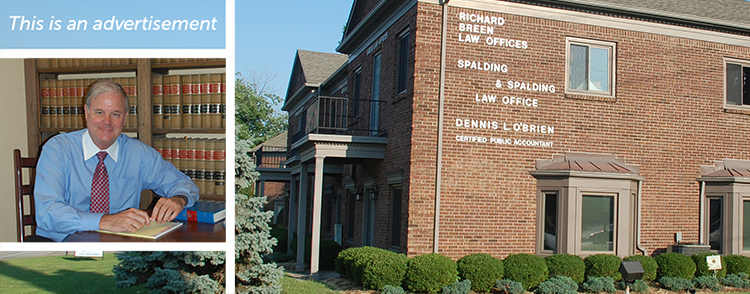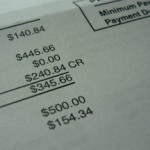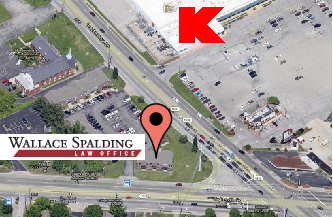Is Chapter 7 Bankruptcy Right for You?
Bankruptcy can help you solve your financial problems and get peace of mind. But do you know which type of bankruptcy is the best option for you? As an individual, you have two options for bankruptcy: Chapter 7 and Chapter 13.
If you don’t have a regular income (or your income is too low) or you don’t have very much valuable property (such as a home), a Chapter 7 bankruptcy could be right for you.
In a Chapter 7 bankruptcy, you sell property that isn’t exempt, or protected, from bankruptcy. The money from the sale of this property is given to your creditors. It’s important that you know that filing for bankruptcy doesn’t mean that you will lose all of your possessions: you will be allowed to keep certain property, which can include clothes, furniture, household appliances, tools, and maybe even your home or car.
To qualify for a Chapter 7 bankruptcy, you must not have enough income to repay your debts. The bankruptcy court judges this by looking at your average monthly income from the last 6 months. If your income is less than the median income for a household of your size in your state, you qualify. If your income is higher, this “means test” then determines whether you have enough extra income each month to pay some of your debts.
After you file, you won’t be able to file for Chapter 7 bankruptcy again for 8 years.
The type of bankruptcy that is best for you depends on your unique circumstances, including your source of income, the amount of bills you have, and more. Because bankruptcy can be complex–and deciding which type to file can be confusing–it helps to have an experienced lawyer in your corner.
At Wallace Spalding Law Office, we help people like you find the best way to end their financial problems, whether that is Chapter 7 bankruptcy, Chapter 13 bankruptcy, or an alternative. One of our experienced, understanding Louisville bankruptcy lawyers will work with you throughout the entire process, giving you the guidance you need to get out of debt while keeping as much of your property as possible.
Call or email us today to learn how we can help you.







